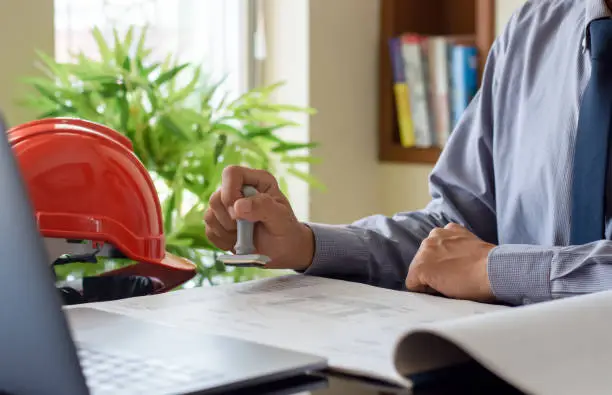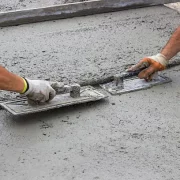Homeowners often want to keep the costs of their renovation projects low. Unfortunately, taking a shortcut with permits can lead to costly consequences. Whether planning a small home renovation or a significant construction project, knowing the permit process and its implications will provide a smoother, more efficient construction progress. This article aims to enlighten homeowners about the significance of building permits, offering a comprehensive guide on when, why, and how to secure them.

1. Validity of Building Construction
Not only are permits essential for guaranteeing safety, but they also protect against future legal conflicts regarding your construction project. You might wonder, do I need a building permit for a shed, especially for small-scale projects – the answer is yes. Securing a permit confirms that all construction was conducted per local and regional laws, leaving no room for doubt about the legality of your project down the line.
In addition, having a valid building permit also safeguards you against disputes in case of future property sales. While most buyers will ask to see all relevant documents, having a valid permit should silence any questions about the validity of construction. Furthermore, with a building permit, you can list your property with some real estate agents.
2. Compliance with Safety Standards
Securing a building permit ensures that all changes to the structure align with local and national building codes. These codes are designed by experts who extensively study the impact of architectural design, materials used, and construction methods on the safety and stability of the building. Noncompliance with these codes can lead to serious consequences such as structural failures, fires, or even catastrophic incidents in severe cases.
Besides physical risks, there are legal and financial consequences, such as fines, legal action, and higher insurance costs. Avoiding these risks requires understanding the permit process and committing to safety standards. Adhering to safety standards and obtaining building permits is not only a legal obligation but also crucial for property safety and longevity.
3. Cost Savings
Though paying for a permit may seem like an additional expense, it can save you money in the long run. For one, having a valid building permit ensures that local authorities officially document and acknowledge all changes made to the structure. Any savings accrued via DIY methods or non-approved materials will not be considered when filing your taxes.

Additionally, having a permit eliminates the risk of encountering problems with local authorities or inspectors, which can result in costly fines and legal fees. By securing a permit for any renovation projects, homeowners can ensure that all changes are made legally and efficiently without accruing additional costs down the road.
4. Protection of Property Value
Building permits prove that any renovations or additions to your home meet the established safety standards and are officially recognized by local authorities. Prospective buyers often view homes with proper permits for past work as more valuable. These homes present less risk of encountering hidden problems or unauthorized work, making them a safer investment.
Furthermore, failing to secure the necessary permits can lead to complications if you decide to sell your home. Unpermitted modifications can make a property harder to insure and finance, which are key considerations for potential buyers. As such, acquiring the necessary permits before starting work on a renovation project is a small step that can significantly enhance the appeal and value of your property in the long run.
5. Professional Oversight
Collaborating with a professional engineer or architect may be necessary depending on your construction project’s size and complexity. Building permits often require inspections at different stages by experienced professionals. These experts ensure the work aligns with approved plans, safety codes, and regulations. Step-by-step validation provides homeowners peace of mind, knowing their project is executed correctly and safely.
Moreover, this oversight can improve the quality of the work, potentially increasing property value. Inspections identify and rectify issues early, avoiding costly repairs or modifications later. Professional oversight catches problems overlooked during construction, upholding your home’s structural integrity and protecting your investment.
6. Insurance Coverage for Unpermitted Renovations
You must talk with your insurance provider if you have completed a renovation project without obtaining the necessary building permits. Most insurance companies will only honor coverage for permitted renovations or additions. This means that homeowners can be responsible for all repair costs out of pocket if damages occur due to an unsafe modification.
Therefore, ensuring your home and renovations are permitted before attempting to secure insurance coverage is essential. This helps avoid legal issues and provides the peace of mind that comes with knowing you’re covered in case any damages or accidents occur.
Overall, understanding the importance of building permits is essential for any homeowner undertaking a renovation project. By researching your local regulations and properly obtaining the necessary permits, you’ll protect yourself from potential legal action while ensuring that all safety standards are met. Furthermore, having valid permits will add value to your property if you decide to sell. Ultimately, taking the time to understand and adhere to the permit process is a small task that can offer big rewards for homeowners.




















